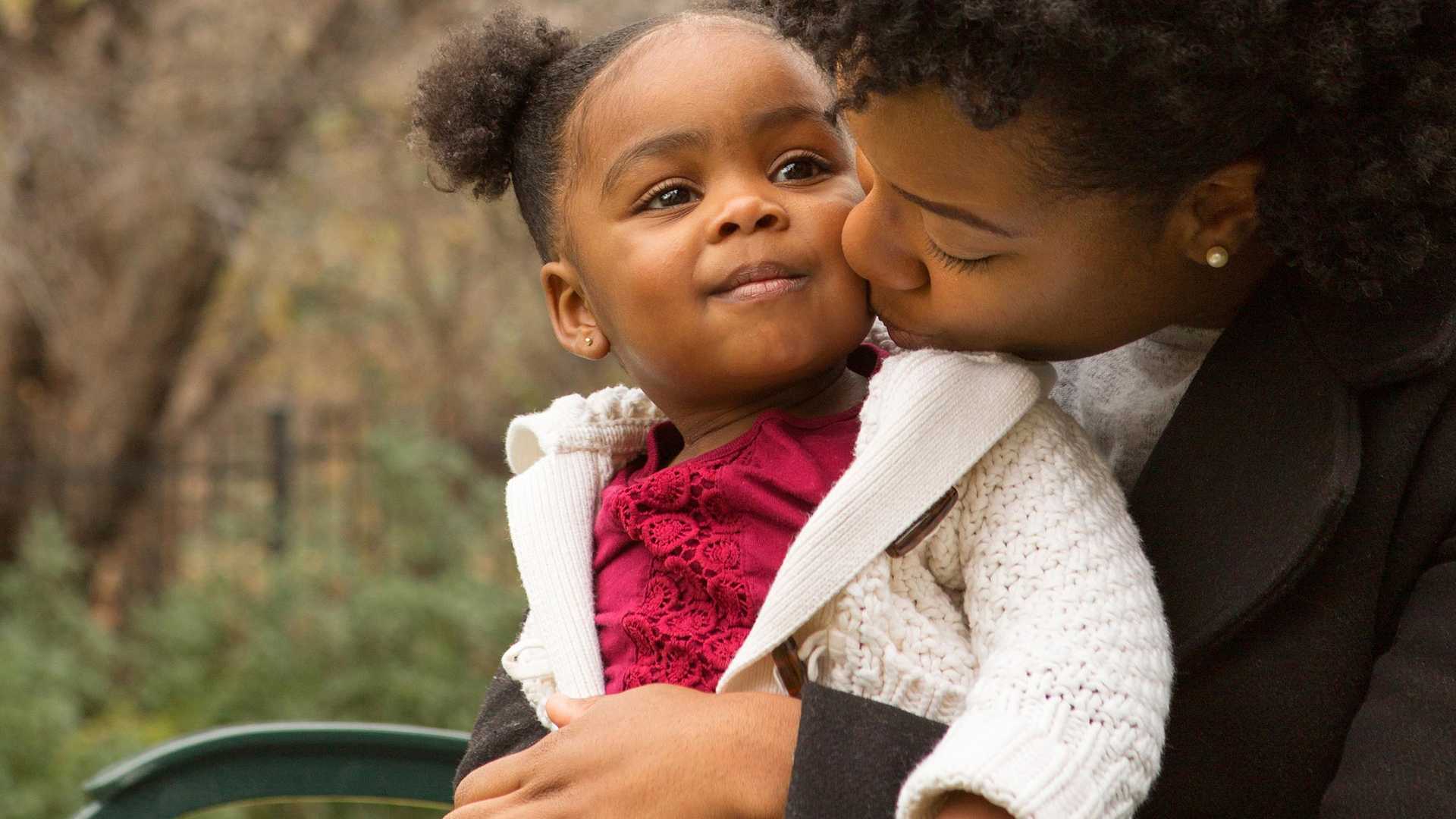
This article was originally published by The Hill on Oct. 28, 2021.
Unconscionable and long-standing health disparities have prevented too many people from receiving quality health care for too long — and today, we know that racial disparities in maternal health are disproportionately impacting Black women in the United States. This is a matter of life and death, and the time is now to advance solutions that change the trajectory and create a more equitable health care system.
Women of color, particularly Black and Native American women, are two to three times more likely to die from pregnancy-related complications than their white counterparts. Further, young women of color are at heightened risk with Black women under the age of 24 being more likely to experience severe childbirth complications than white women over the age of 35, an age group usually considered high-risk. And the COVID-19 pandemic has only exacerbated maternal health disparities. Though it’s still too early to have concrete data, we must understand how the past 19 months — marked by isolation, anxiety and economic fragility — have impacted maternal health outcomes.
Knowing what we know, health care leaders and policymakers on both sides of the aisle and in both chambers are stepping up and taking action. Earlier this year, the bipartisan Protecting Moms Who Served Act (H.R. 958) introduced by Reps. Lauren Underwood (D-Ill.) and Gus Bilirakis (R-Fla.) passed the House, and Sens. Tammy Duckworth (D-Ill.) and Susan Collins (R-Maine) introduced companion legislation (S. 796) in the Senate.
Members of the Black Maternal Health Caucus, including Reps. Underwood and Alma Adams (D-N.C.), Sen. Cory Booker (D-N.J.) and others, are leading the charge on the Momnibus package, which takes critical steps to improve health outcomes for pregnant women and mothers of color, their babies and their families. Essential parts of the Momnibus are moving through Congress, including:
- Growing and diversifying the perinatal workforce, including nurses, midwives and doulas
- Advancing maternal health research at minority-serving institutions
- Strengthening federal maternal health programs, including those at the Centers for Disease Control and Prevention and National Institutes of Health
- Promoting representative community engagement in Maternal Mortality Review Committees and anti-discrimination and bias training for health care professionals
- Addressing social determinants of maternal health and impacts of climate change-related maternal and infant health risks
Though we celebrate these milestones, Congress must pass the Momnibus package in its entirety to drive transformative change. The importance of maternal wellness is invaluable, and these financial and programmatic investments are necessary to improve maternal health care, save lives and address racial health disparities head-on.
Health disparities are not a one-dimensional problem, and there is no one-dimensional solution. This is why all of us — health care leaders, policymakers and community leaders — must work together toward a more equitable future. The Blues’ National Health Equity Strategy, our multiyear effort focused on key health issues that disproportionately affect people of color, underscores our commitment to reduce racial disparities in maternal health by 50 percent in the next five years. From partnering with March of Dimes to scale implicit bias trainings with health care providers, to implementing support for doula coverage and culturally appropriate interventions, Blue Cross Blue Shield (BCBS) companies across the country are leading efforts to end this maternal health crisis.
Government also must play a role, and Congress must take action to help save the lives of pregnant women and mothers of color by passing the Momnibus package in full. The time is now as racial health disparities have impacted communities of color for far too long. We must do all we can to shape a more equitable future for mothers and babies today — and for generations to come.
The Blue Cross and Blue Shield Association is an association of independently owned and operated Blue Cross and Blue Shield companies.